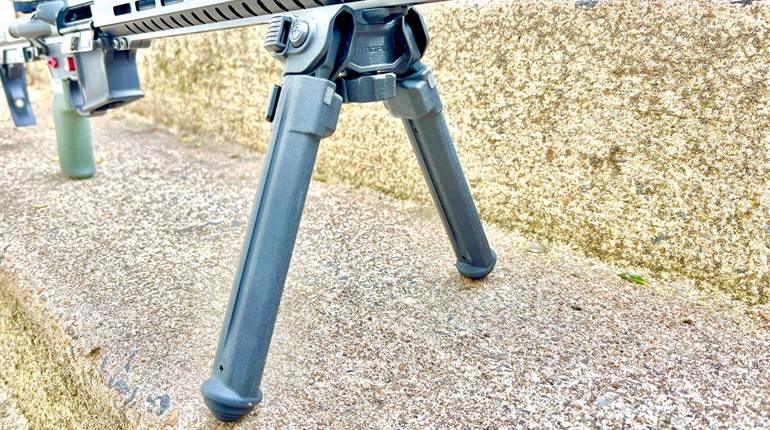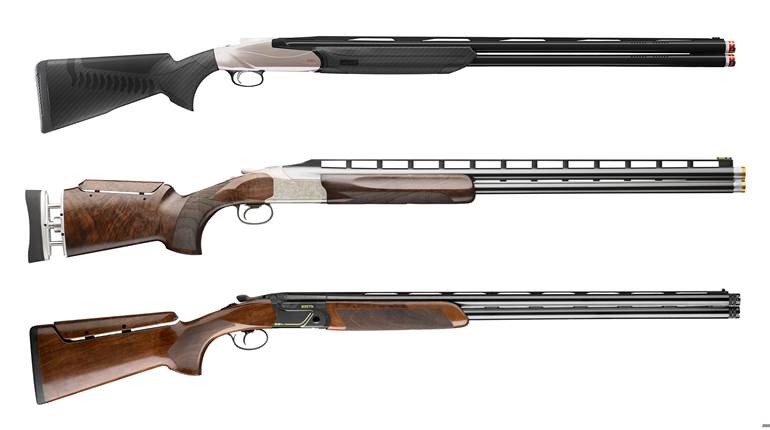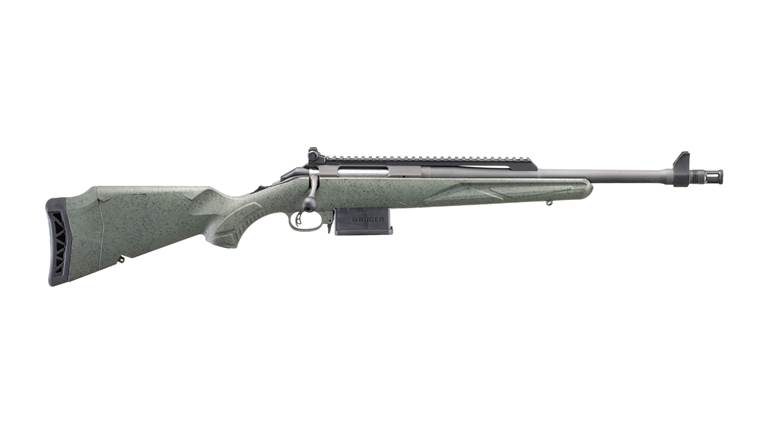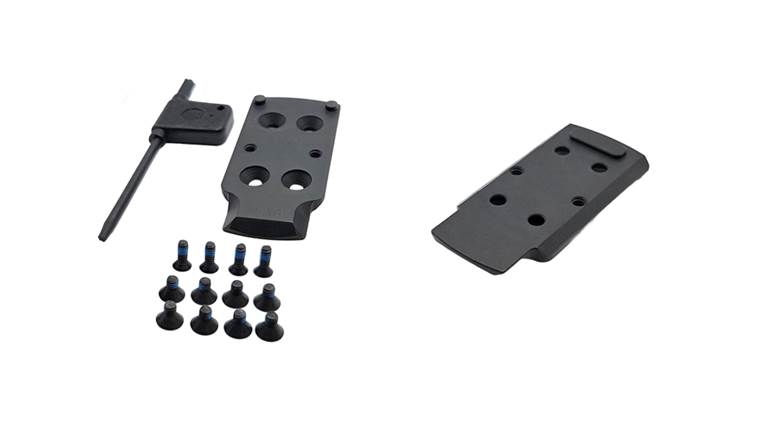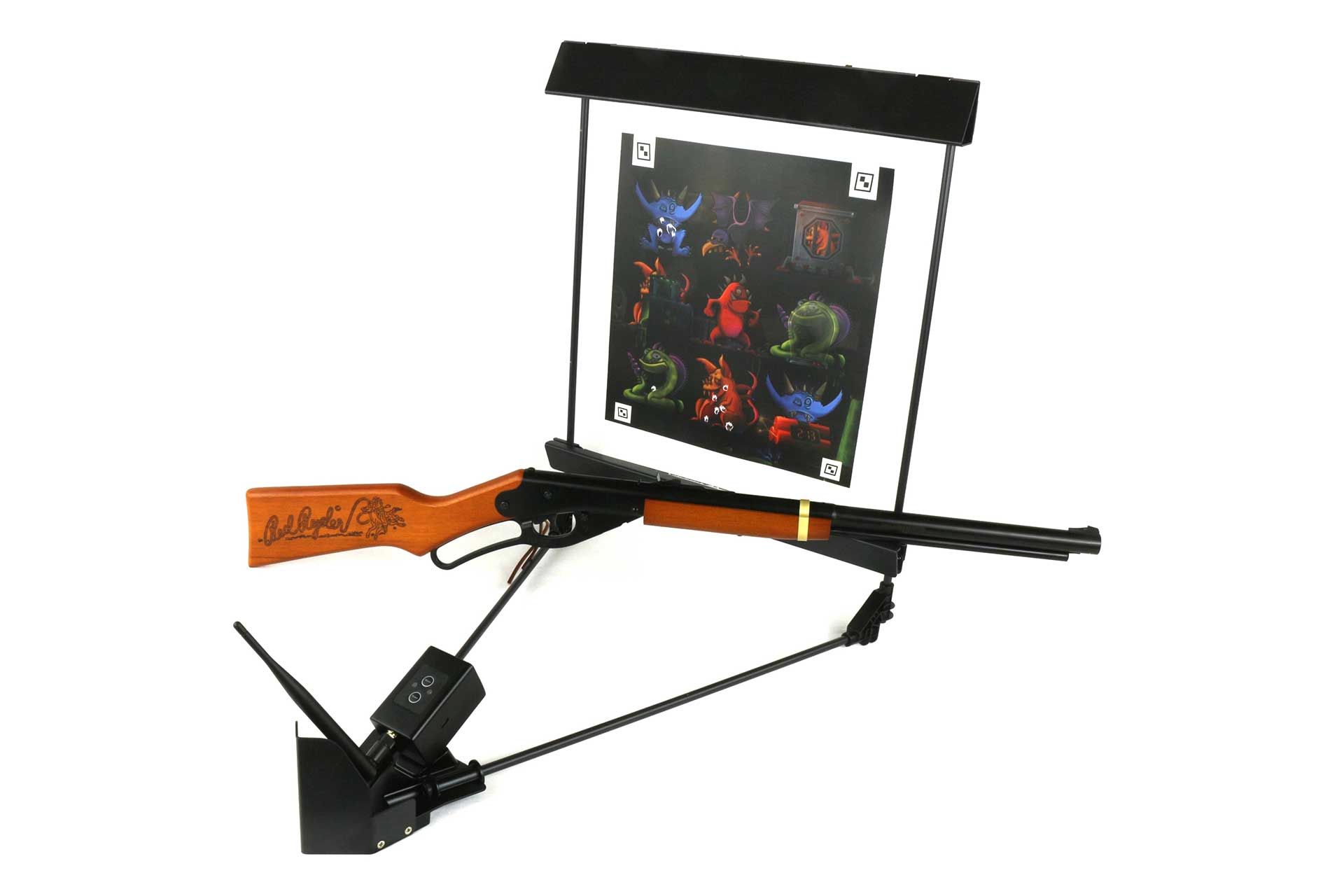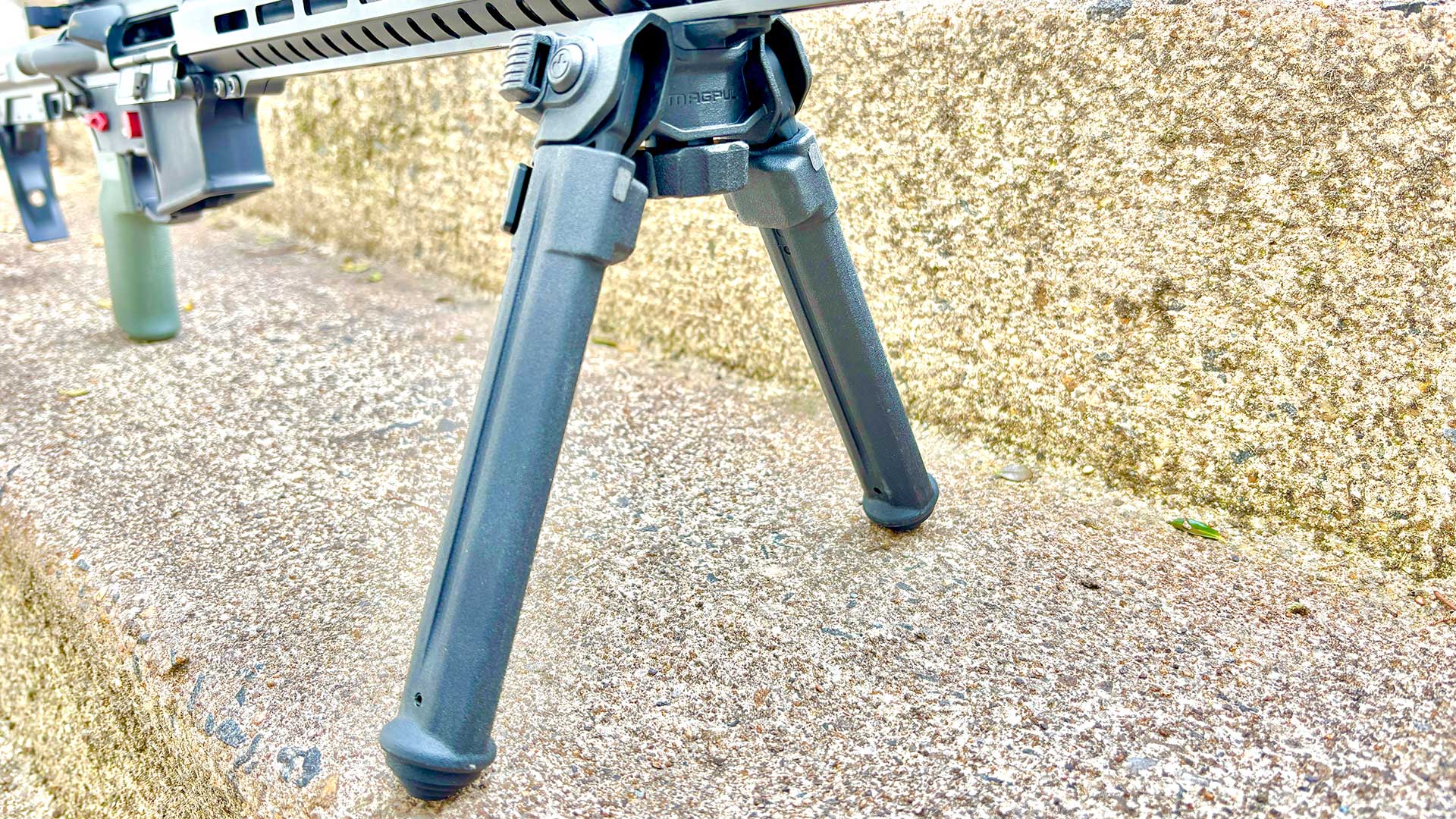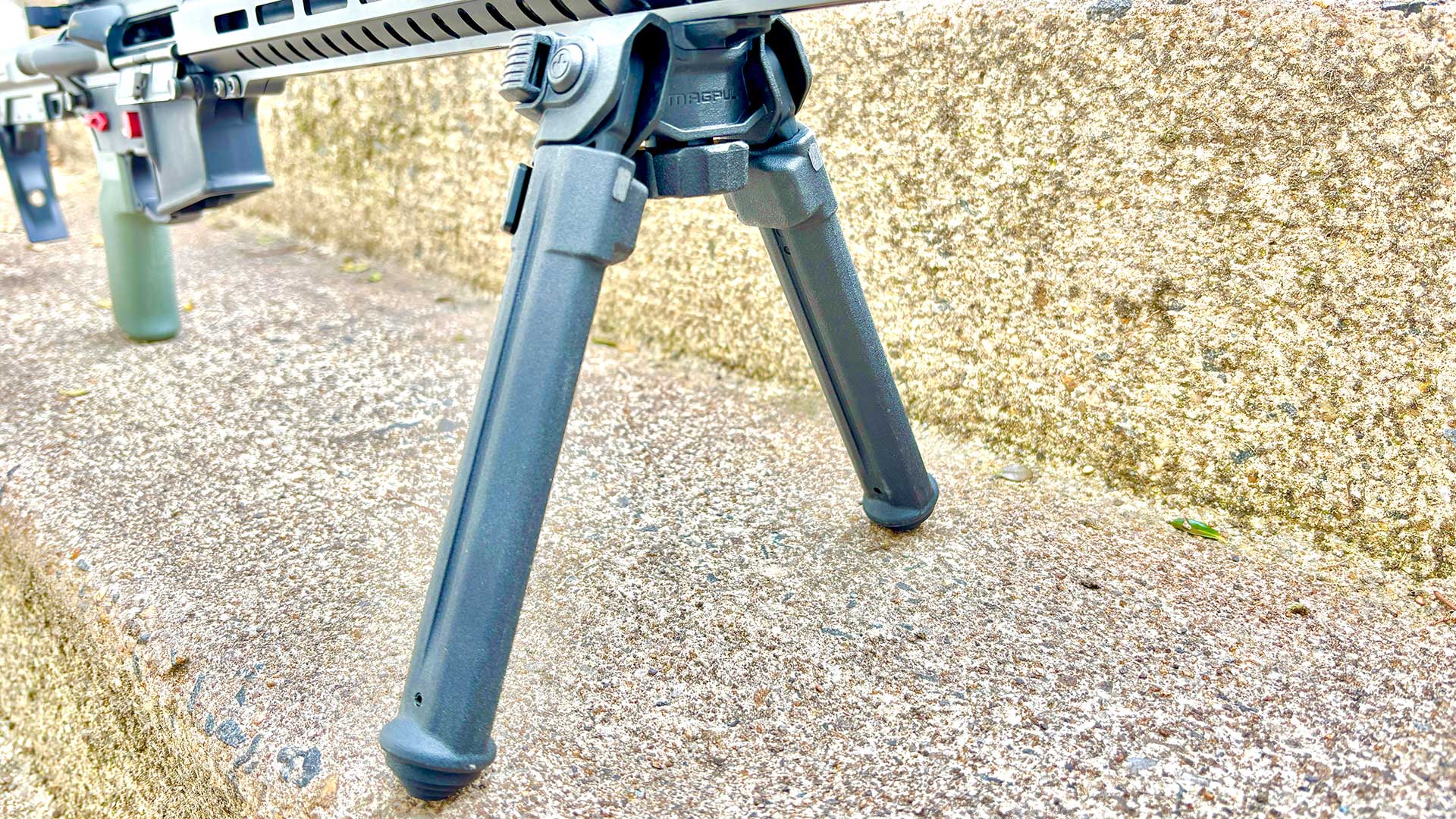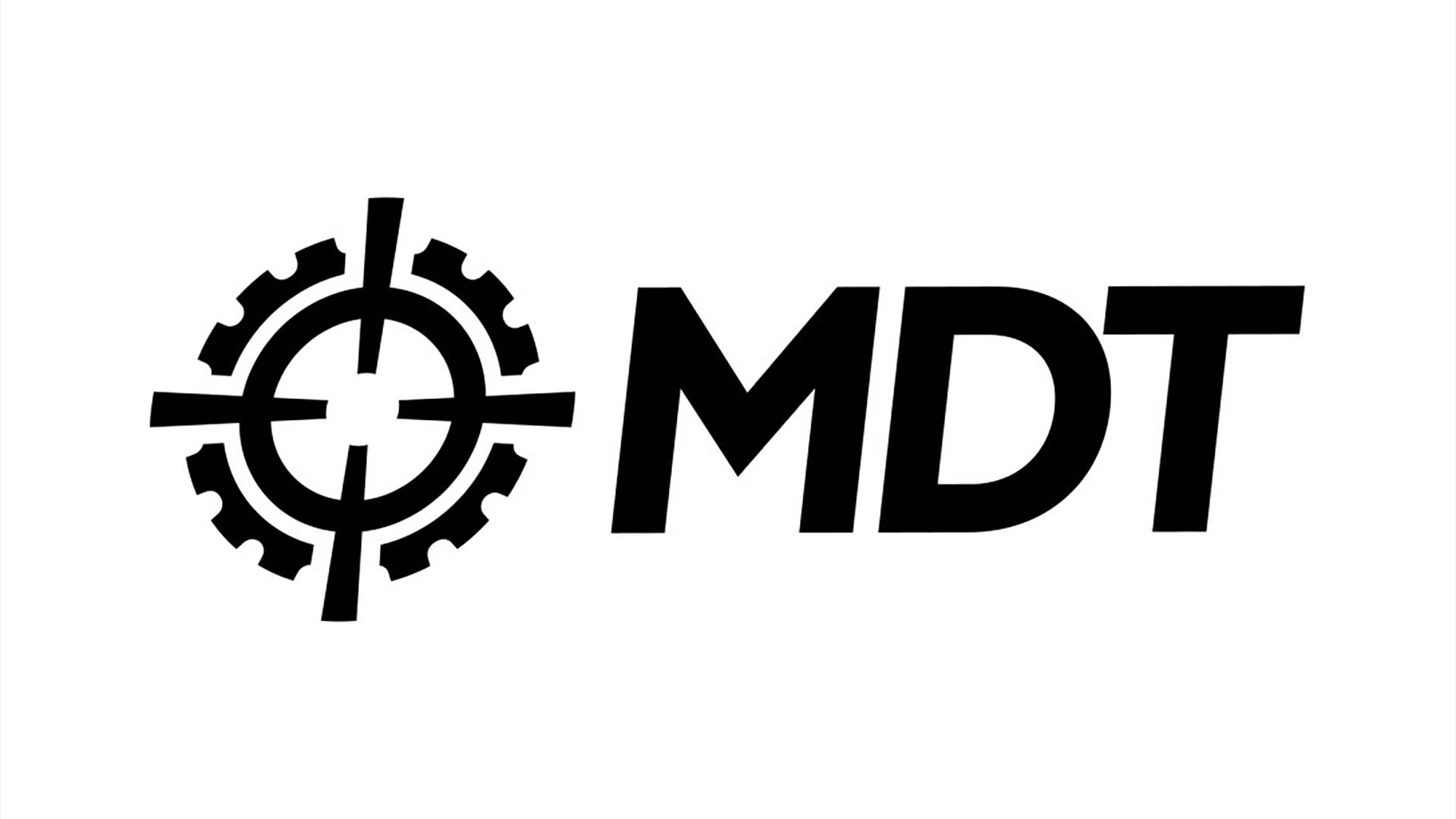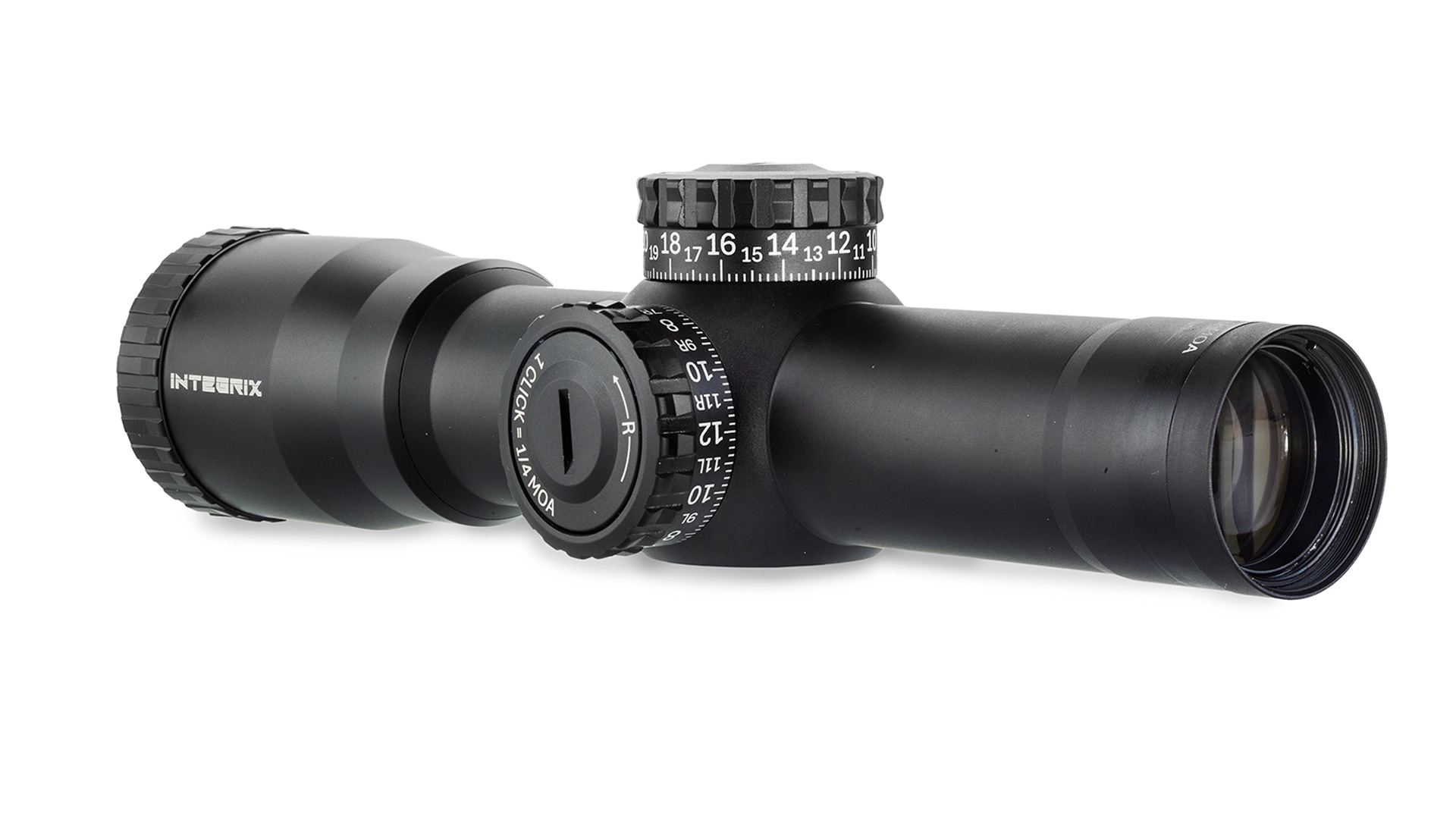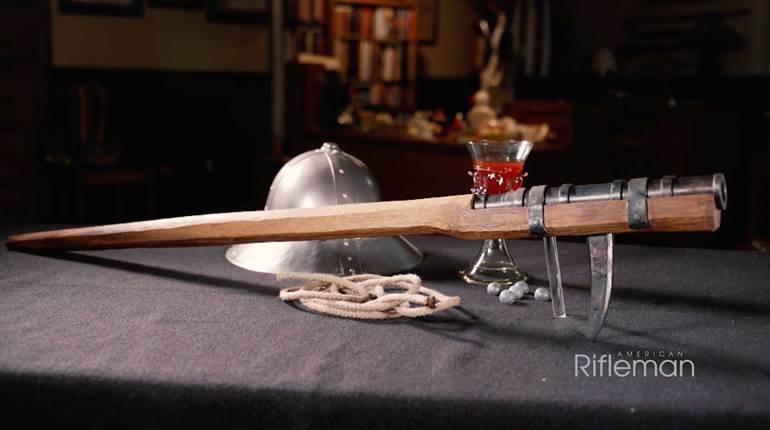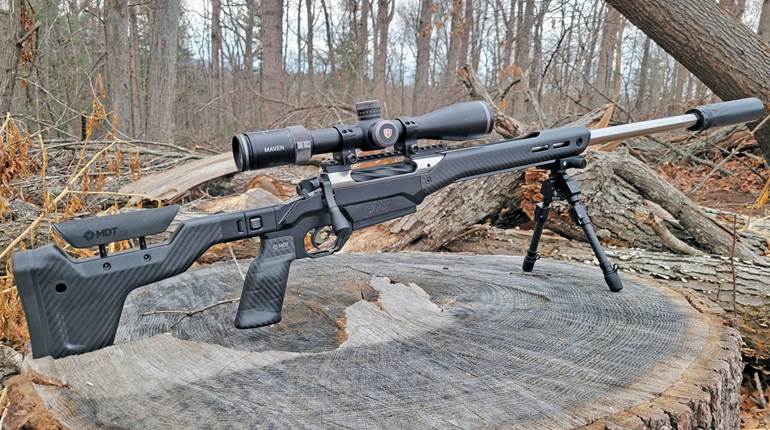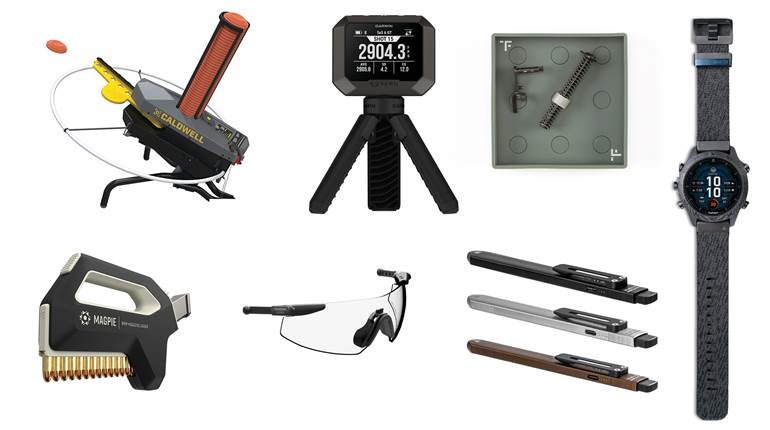
"Why don't firearm manufacturers in the Northeast simply pick up and move considering all the horrible gun laws passed up there recently?” Such is typical of the letters I have received from many NRA members, particularly in light of oppressive laws passed recently in Connecticut and New York. And it’s a good question.
Firearm companies are in business for a reason, and that is to generate profit for their owners or investors. Unlike our government, which endlessly borrows money when it spends more than it takes in, when a business spends more than it earns or has on hand (or what banks will lend in promise of future profits), it closes.
Some companies have made plans to move, for both principle and good business reasons. Kahr Arms will move its headquarters and engineering operations to Pennsylvania, and JLD Enterprises (makers of the H&K-based PTR rifles) is relocating to South Carolina. Magpul has boldly made the commitment to move after Colorado’s legislators rammed an anti-gun-owner law with an arbitrary magazine capacity limit down its constituents’ throats-and the accessory and magazine maker’s prime vendor is going with it. But Magpul does take a risk and an interruption in production to do what its CEO, Richard Fitzpatrick, believes is the right thing for his company, his workers and his consumers.
Mark Malkowski of Stag Arms in New Britain, Conn., is weighing numerous attractive offers to move to another state. As a matter of fact, while the “American Rifleman Television” crew was recently in his facility shooting a television show (airing Wednesday, Oct. 2), we were scheduled between the visits of Texas Gov. Rick Perry and others trying to recruit Stag and its high-end manufacturing jobs to their local and more politically friendly economies. Stag Arms is a modern facility, with many new machines, and one that can move. Malkowski’s home state’s governor’s office declared the illusory “public safety” benefit of more gun control laws more important than the jobs provided by the lawful firearm makers of Connecticut.
Other companies that are not as flexible simply cannot move and remain profitable. It’s complicated to pick up and move a large, “heavy” manufacturing operation-and gunmaking is indeed heavy manufacturing. In addition to the need to make sure you have a fully trained workforce in place when you get there, some machines, especially older ones, do not respond well to being moved. I’m not even sure Smith & Wesson could move its century-old forge. Also, some companies have fairly complicated labor agreements in place, and the penalties for moving would be financially damaging, even ruinous, for them.
It appears that many makers will be limiting or eliminating expansion in their existing locations with onerous gun control laws rather than moving. Ruger, for example, has acquired property in North Carolina, and Colt already has land in Florida. Remington has a huge plant in Kentucky, and Beretta has had a facility in Virginia for some time. O.F. Mossberg & Sons does most of its assembly in Texas already, while its North Haven, Conn., plant concentrates on cutting metal. And Kahr has plans to eventually expand manufacturing into its new Pennsylvania location. Movement may come, but it needs to be done with business sense. And it appears that is the case so far.













